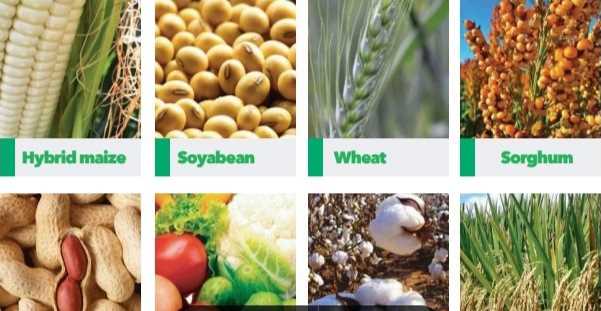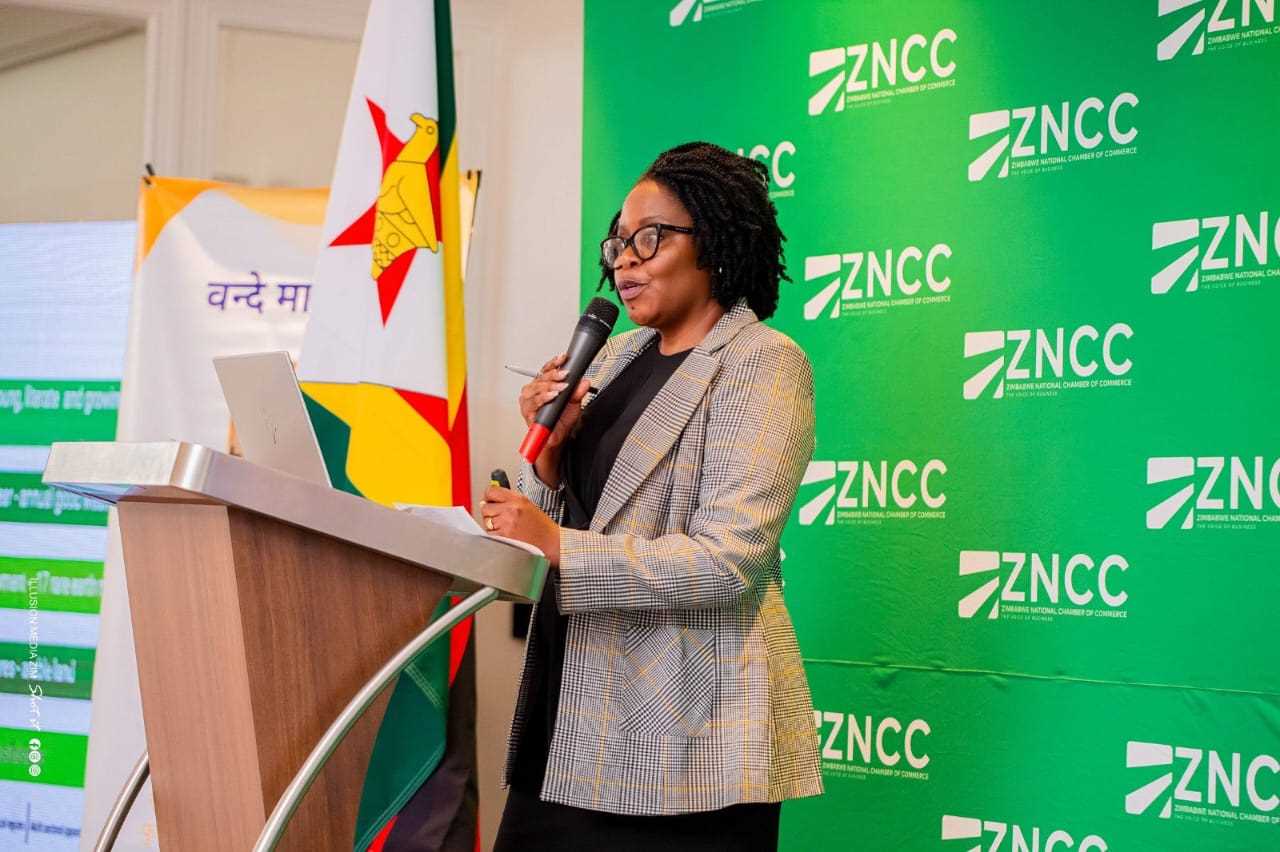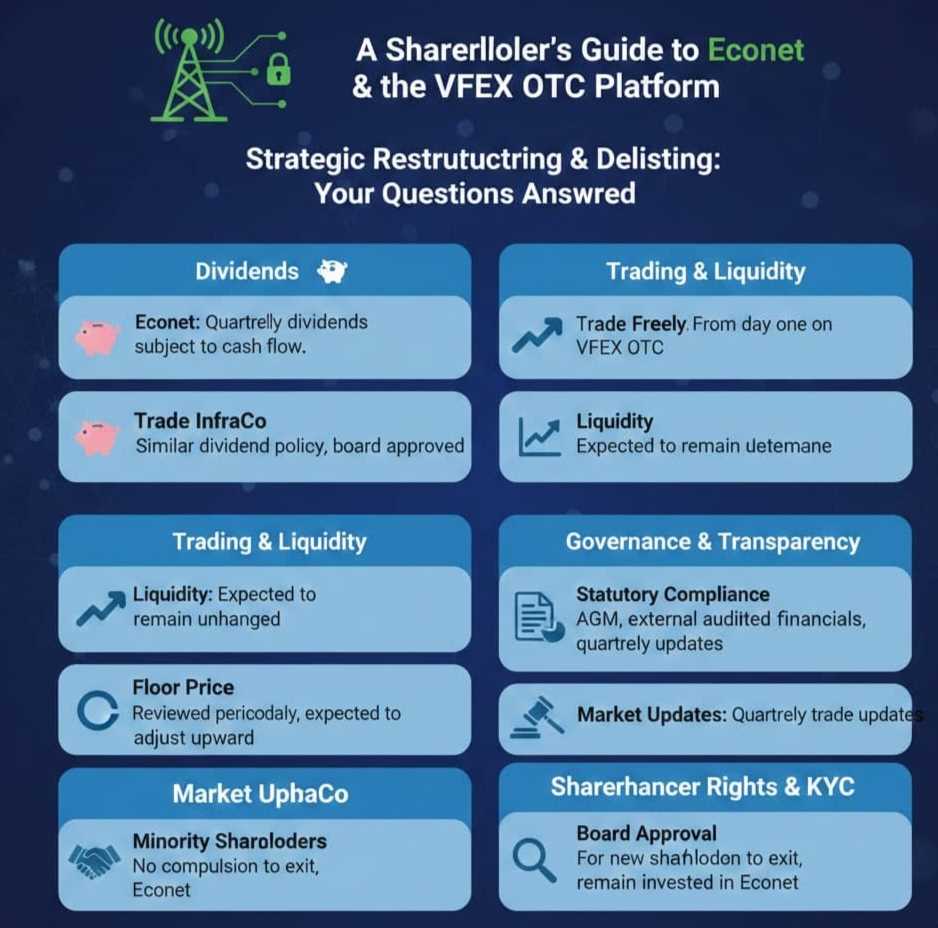
Audrey Galawu
Assistant Editor
SEED Co Limited has introduced new and improved seed varieties that address the challenges posed by climate change while also meeting farmers' needs through a well-managed product life cycle plan.
SEED Co Africa Chief Executive Officer, Morgan Nzwere, said the improved seeds are designed to tackle the evolving challenges of climate change, including emerging pests and diseases.
"Intellectual property stemming from our robust research and development (R&D) pipeline remains the foundation of our business. Our R&D efforts, integral to our ESG innovation strategy, focus on developing seed solutions that promote a sustainable and profitable agricultural landscape.
"These innovations are designed to mitigate climate challenges, support farmers, and ensure food security for both people and livestock. This includes the introduction of improved seed varieties, along with agronomic training and support, to maximize the efficient use of arable land and farming resources.
"The group is committed to continuously renewing its product pipeline to align with the evolving climate landscape."
In Zimbabwe, the group introduced two new maize seed varieties, along with soya bean and bean varieties that are climate-smart and have high yield potential.
In Malawi, Cameroon, and Nigeria, SEED Co also introduced maize and soya bean seeds that are resistant to rot and rust, respectively.
"Our objective is to enhance the profitability of both small- and large-scale farming operations while positively influencing critical economic value chains. Specifically, we aim to introduce at least five new and improved maize hybrid varieties annually, along with one or more improved varieties from other crop categories."
Related Stories
Additionally, the group revealed that a promising highland maize hybrid is being developed for the East African Highlands. The group is also in advanced stages of commercializing a sunflower variety in Zimbabwe and East Africa.
Recent product launches have performed well commercially, underscoring the effectiveness of the group’s product life cycle management.
In its annual report for the year ended March 31, 2024, the company reported an inflation-adjusted turnover of ZWL$813.7 billion, reflecting a 20% decline compared to the prior year’s restated figure of ZWL$1,011.7 billion.
This decrease was primarily due to a 27% reduction in volumes, as demand was negatively impacted by the drought. Despite this, inflation-adjusted profit after tax increased to ZWL$463.3 billion, up from the restated prior year's profit before tax of ZWL$374.6 billion.
This growth in profitability was driven by an increase in other income, which included USD-denominated royalties and exchange gains from the fair valuation of USD-denominated receivables.
The company recorded an inflation-adjusted turnover of ZWL$813.7 billion, reflecting a 20% decrease from the prior year’s restated ZWL$1,011.7 billion. This decline was primarily due to a 27% reduction in volumes, attributed to reduced demand caused by the El Niño-induced drought in Zimbabwe.



















Leave Comments